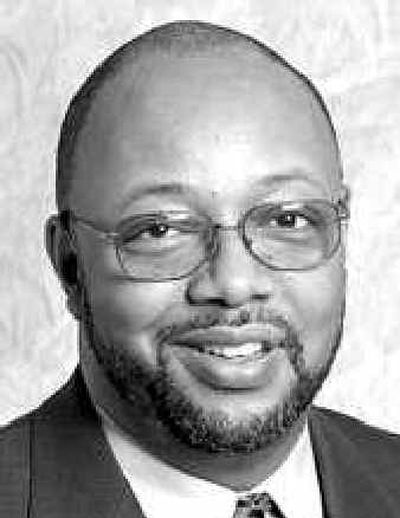Silence about AIDS has proved costly

Makgatho Mandela died last week of illnesses related to AIDS.
We know this because his father, Nelson, announced it to the world Thursday. As you surely know, Nelson Mandela won a Nobel Prize and international acclaim for a struggle against South African apartheid that included 27 years of incarceration. He is a world hero.
But in some ways, this announcement may be the most courageous thing he’s ever done – both for Africa and for the United States.
That’s not meant to trivialize the intestinal fortitude required to endure more than a quarter-century of confinement. My point is only that it requires a different kind of courage to say the thing everyone else considers unsayable.
In much of southern Africa, AIDS is unsayable. It carries a stigma of shame and ostracism that effectively renders its victims and their families mute. Those who have AIDS are sometimes said to have been cursed. When someone dies of the disease, the custom is to say that he or she passed of pneumonia or after an unspecified “long illness.”
Worse, the conservatism and misogyny of many African cultures make it difficult to slow the spread of the disease. Information about AIDS is hard to find. Infidelity is regarded as a man’s inalienable right. And a woman who asks her partner to use a condom often puts her reputation – maybe even her life – at risk.
Although his nation has the highest rate in the world’s most AIDS-affected region, South African President Thabo Mbeki has been mostly silent on the subject. A few years ago, he even suggested that HIV does not cause the disease.
Small wonder AIDS is strangling southern Africa.
The horrifying statistics: 25.4 million of the region’s people are HIV-positive; 7.4 percent of all adults are HIV-positive; sub-Saharan Africa is home to 10 percent of the world’s people, but more than 60 percent of those with HIV; last year alone, 2.3 million people died of AIDS.
So you can understand what motivates Mandela to bare his pain. “Let us give publicity to HIV/AIDS and not hide it,” he said, “because the only way to make it appear like a normal illness like TB, like cancer, is always to come out and to say somebody has died because of HIV/AIDS. And people will stop regarding it as something extraordinary.”
One hopes blacks in Africa are listening. One hopes their sisters and brothers in this country hear him as well.
No, the black American woman who asks her partner to use a condom is not normally at risk for violence. And yes, information about AIDS is readily available here.
But the black community has, albeit to a lesser degree, some of the same social conservatism and sense of stigma as sub-Saharan Africa. That’s particularly true where homosexual activity, still a major risk factor for HIV, is concerned. So we have been largely silent about AIDS.
And, as in Africa, the cost of that silence is easy to quantify.
Black men in the United States die of a higher rate than all other men combined. In 2002, the death rate was 33.3 per 100,000. White men, by comparison, die at a rate of 4.3 per 100,000. Similarly, black women die at a higher rate than all other women – 13.4 per 100,000. Of women who are diagnosed with new cases of HIV, fully 72 percent are black.
Yet when an L.A.-based AIDS activist invited leaders of 300 black churches to a recent summit on HIV/AIDS in minority communities, she heard back from five.
Hello?
Where is the nation’s sense of urgency? And, black America, where is yours?
Makgatho Mandela, 54, died of AIDS, and bless his father for saying it. Here’s hoping that show of guts inspires a few more, both in Africa and America.
People are dying here. Silence is not an option.